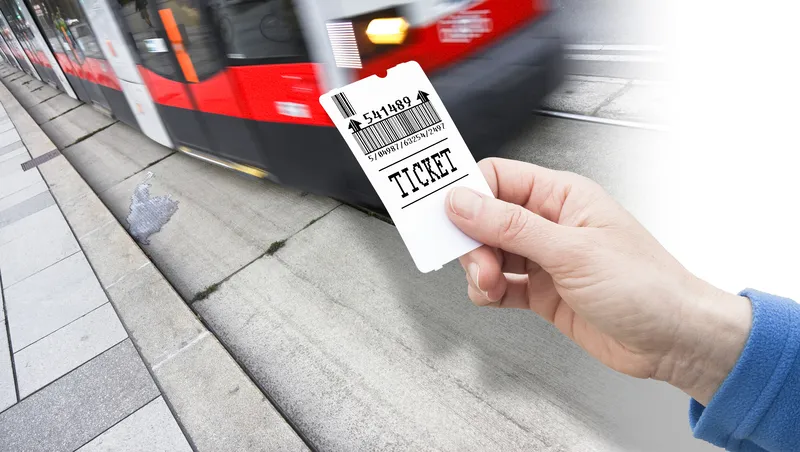Innovation in transport is at risk because data is not being shared in the sector – according to a new report commissioned by the Transport Systems Catapult (TSC) and using analysis from the Open Data Institute (ODI) and Deloitte.
Fears around cyber security, lack of data literacy skills and a legacy of viewing transport modes such as rail and road in isolation are restricting the free flow of information, preventing the UK from unlocking the full potential of its transport network. According to the TSC
April 13, 2017
Read time: 2 mins
Innovation in transport is at risk because data is not being shared in the sector – according to a new report commissioned by the 7800 Transport Systems Catapult (TSC) and using analysis from the Open Data Institute (ODI) and 1979 Deloitte.
Fears around cyber security, lack of data literacy skills and a legacy of viewing transport modes such as rail and road in isolation are restricting the free flow of information, preventing the UK from unlocking the full potential of its transport network. According to the TSC, overcoming these barriers could unlock US$17.5 billion (£14billion) of benefits from new innovations by 2025.
Technologies such as driverless cars, journey planning apps and smart ticketing are all identified as opportunities which can be fully exploited with a strong data regime that opens and shares as much data as possible while respecting privacy. The TSC is calling on government to work closely not only with the Catapult, but industry to develop a data culture by providing a framework for secure access to data and guidelines for opening and sharing data; led by a new Mobility Data Hub to help the public and private sector work together and breakdown the barriers.
The report claims that investment in data could lead to faster journeys, lower emissions, improved regional connections and opportunities for job creation in an emerging technology sector – without the need for massive infrastructure building projects.
Fears around cyber security, lack of data literacy skills and a legacy of viewing transport modes such as rail and road in isolation are restricting the free flow of information, preventing the UK from unlocking the full potential of its transport network. According to the TSC, overcoming these barriers could unlock US$17.5 billion (£14billion) of benefits from new innovations by 2025.
Technologies such as driverless cars, journey planning apps and smart ticketing are all identified as opportunities which can be fully exploited with a strong data regime that opens and shares as much data as possible while respecting privacy. The TSC is calling on government to work closely not only with the Catapult, but industry to develop a data culture by providing a framework for secure access to data and guidelines for opening and sharing data; led by a new Mobility Data Hub to help the public and private sector work together and breakdown the barriers.
The report claims that investment in data could lead to faster journeys, lower emissions, improved regional connections and opportunities for job creation in an emerging technology sector – without the need for massive infrastructure building projects.








